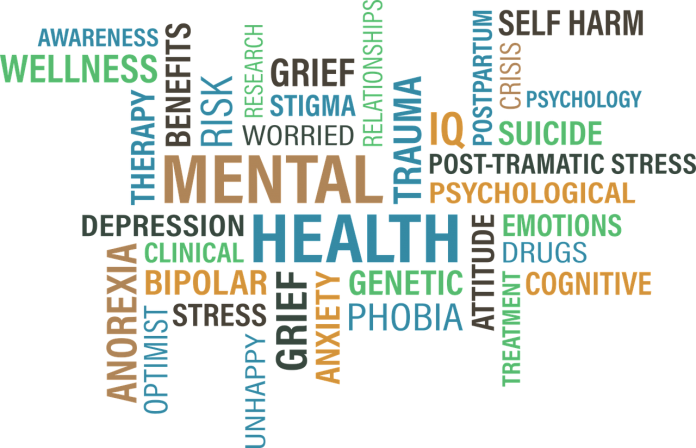Obsessive compulsive disorder (OCD) is a mental disorder in which people have unwanted repeated thoughts, feelings, ideas, sensations (obsessions) and behaviors that drive them to do something’s over and over again (compulsions).
It affects people of all ages and all walks of life. People with OCD have negative effects and it consumes lots of time in their daily lives. usually they may not want to think or do things again and again but however they feel powerless to stop these sensations (obsessions).
Some obsessive thoughts include:
* Fear of germs. * Getting dirty. * Worries about getting hurt or others being hurt. * Need for things to be placed in an exact order. * Belief that certain numbers or colors are “good” or “bad”. * Constant awareness of blinking, breathing or other body sensations. * Unfounded suspicion that a partner is unfaithful.
Some compulsive habits include:
* Washing hands many times in a row. * Doing tasks in a specific order every time or a certain “good” number of times. * Repetitive checking on a locked door, light switch and other things. * Need to count things; like steps or bottles. * Putting items in an exact order; like cans with labels facing front. * Fear of touching doorknobs, using public toilets or shaking hands.
Causes of Obsessive compulsive disorder :
The exact cause of Obsessive compulsive disorder is unknown however research claims that OCD is linked with genes. Research claim women are more affected than men. Further more stress makes symptoms worse.
Likeliness of this disorder because of the following reasons:
* A parent with OCD or siblings with OCD. * Depression, tics (Tourette syndrome) or anxiety. * Experience with trauma. * History of physical or sexual abuse as a child.
Associated conditions:
OCD is related to conditions such as depression, bipolar disorder, social anxiety disorder and generalized anxiety disorder.
More than 50% of people experience suicidal tendencies and 15% have attempted suicide. OCD also interferes with sleep; people with OCD have short sleep duration.
Treatments
There is no cure for OCD however with treatments, one may be able to understand how it interferes with their life. Doctors may prescribe medicine. Other therapy includes talk therapy, psychotherapy or both.
Support groups-One can ease the stress of having OCD by joining a support group. Sharing with others who have common experiences and problems can help the patient feel that they are not alone.
Support groups cannot be a good substitute for taking medications.
Sources References: WebMD, MedlinePlus , Wikipedia , ADAM Multimedia Encyclopedia.
























